Welcome to The Reading Nook, where I share my reading journey and discuss books and bookish stuff. If you’re not interested in The Reading Nook, you can toggle off these emails in your account settings.
What kind of reading month was it?
The word I’d use to describe this month is fluctuating. My desire to read waltzed in and out whenever it felt like it. Last month, I wrote about trying to read one poem a week to ease into poetry. I was fresh off the excitement from an interesting reading experience with The Applicant by Sylvia Plath. Unfortunately, I haven’t kept up with this routine. Although, I bookmarked this poem and I’m excited to dive into it. Do you know a more sustainable or exciting way to get into poetry? I’m all ears.
On strict reading lists
I read an interview with
(unfortunately I can’t find the link) about reading and I was intrigued by how organised and intentional she is with her reading list. Every month, she picks ten books to read, with only one of them being a spur-of-the-moment pick, and she strictly sticks to it. She spoke about varying the lengths and genres of the books for variety and all of this got me so excited. Well, most bookish conversations get me excited.Although I’m not sure if I can be this strict, I know I have the problem of overthinking what my next book will be to the point that I end up not reading at all. I’ve noticed how much this takes away from my reading experience. One of my fears is starting a book I don’t like, but then DNFing is a beautiful thing that exists and I just have to get the hang of doing it without guilt. I’ve talked about setting up book queues (always having a book lined up before you finish your current read) here before but I fell off that.
So I want to experiment, taking some inspiration from Ochuko, and see how it goes. I’ll try making a list for December. How about you? Are you strict with your TBR, spontaneous, in-between, or you just don’t care?
November Reading Journey
This has been on my TBR since last year and I finally got to it. When I discovered that the audiobook was read by a full cast and had musical accompaniment to go with it, I knew had to go for it because of how similar it is to fiction podcasts which I love. This is a mystery that follows the murder of the beloved principal of Urban Promise Prep, a painfully strict all-boys school.
Three students who had altercations with the principal on the day of the murder and were in the vicinity of the crime emerge as prime suspects. We get to see things from their perspectives and hear their stories. There’s J.B., a quiet black boy who is constantly misjudged because of his height and size; Trey, another black boy who is notorious for causing trouble but underneath has experienced familial trauma, and Ramóne, the immigrant Latino kid who has bigger plans for himself than what the system intends, but people believe it’s just a matter of time before he joins his cousin in a gang.
I had such a good time listening to this and I was invested in all their stories. However, the ending seemed almost anticlimactic and rushed though.
Thrity Umrigar writes such poignant stories about Indian women. This story is about Smita, a journalist who left India with her family at fourteen and has lived in the US for twenty years. She finds herself in the country she swore never to return to when her journalist friend, Sharon, has an accident that lands her in the hospital. Sharon wants Smita to cover the story of Meena, a Hindu woman whose brothers set her home on fire, grazing it to the ground, killing her husband and leaving her with almost half of her body melted and deformed because Meena dared to marry a Muslim and bring dishonour to the family. With pro-bono legal assistance, Meena sues her brothers and Smita covers her story which forces her to confront her own demons and her aversion to India. This story deals with heavy topics like honour killings, misogyny, and religious intolerance and is difficult to read because of this. I cried my eyes out reading it and was constantly exasperated but it is an amazing story. However, I need space from devastating books.
It’s 1890 in Atlanta, Georgia and seventeen-year-old Chinese American Jo Kuan lives with Old Gin, her elderly father figure, in the basement of a printing press, unbeknownst to the Bell family who owns the press. Jo is navigating the racism and sexism that come as an inevitable attachment with her identity, as well as unpleasant employers, when she decides to become ‘Miss Sweetie’, an anonymous agony aunt who gives advice and speaks on race, gender, etc. It was giving Lady Whistledown but a lot more political, audacious, and controversial. The story also explores white feminism, showing how the suffragist movement intentionally excluded women of colour and paid no attention to intersectionality. It was an inspiring read and I can see teenage me loving this.
I’ve had this novella on my TBR for so long and I was desperate to read it — I don’t recall why — but never found it until recently. Set in Bangui, Central African Republic, in 2011, the book is about co-wives Ndongo Passy and Grekpoubou. They are married to Lidou, a successful builder in the nation’s capital. He has it all: a flourishing business and beautiful wives. But his sudden impotence hacks at his success so he seeks a solution in Western and local medicine. Soon after this, Lidou drops dead of a heart attack. When this happens, Zouaboua, Lidou’s cousin, is quick to use his connections to swindle the widows out of their inheritance and rights. He kicks them and their children out of their home but the co-wives have always been close and continue to hold each other through the grief and the struggles, even when they are forced to return to their parent’s home. At its centre, the story is about the power of female friendship. It’s set against a backdrop of political corruption most citizens of African countries are familiar with. There were times when the actions of the co-widows made me cheer them on, but I hated how the only redemption they thought was possible for themselves was marriage to another man.
It’s 1426 in a small village in Jeju Island and girls are going missing. Seventeen-year-old Min Hwani returns to Jeju, after five years away, to investigate her father’s disappearance when he returned to investigate the case of thirteen missing girls. She reunites with her sister Min Maewol, whom Hwani and their father left behind in Jeju to be trained as a shaman. Despite their fragile relationship and discordant views on the kind of person their father was, the sisters join hands to investigate. They soon discover a connection between their father’s case and that of the missing girls and find themselves in dire situations trying to uncover the mystery. I didn’t enjoy this as much as I enjoyed June Hur’s last two novels but it was (obviously) well-written and at times had me at the edge of my seat. I was so excited that I guessed the culprit and got it right.
Currently Reading: You Had Me at Hola by Alexis Daria
That’s it for today! I hope you enjoyed this. I would love love love to hear from you so talk to me in the comments or by replying to this email:
❁ What kind of reading month was it for you?
❁ What’s your relationship with your to-be-read pile? Do you follow a strict list?
❁ Will you try creating a reading list?
❁ What are you currently reading or excited to read soon?
Thank you so much for reading! We’re entering December, one of my favourite months (my birthday + Christmas!!!). Do you have any plans for this season? I’m hoping to slow down and not stress over creating and doing and moving. This might be the last Reading Nook for the year, but I’m still contemplating. If it is though, you’ll still hear from me one more time before the end of the year. Bye, and I wish you a lovely and restful December! 🫶🏾✨





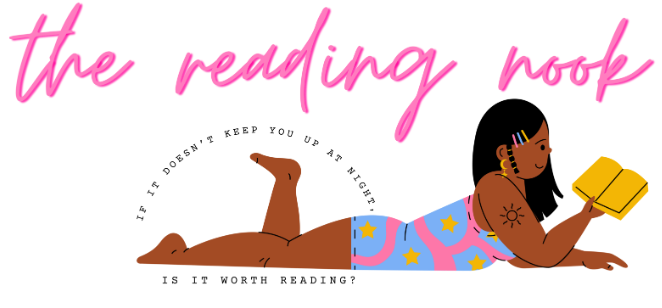
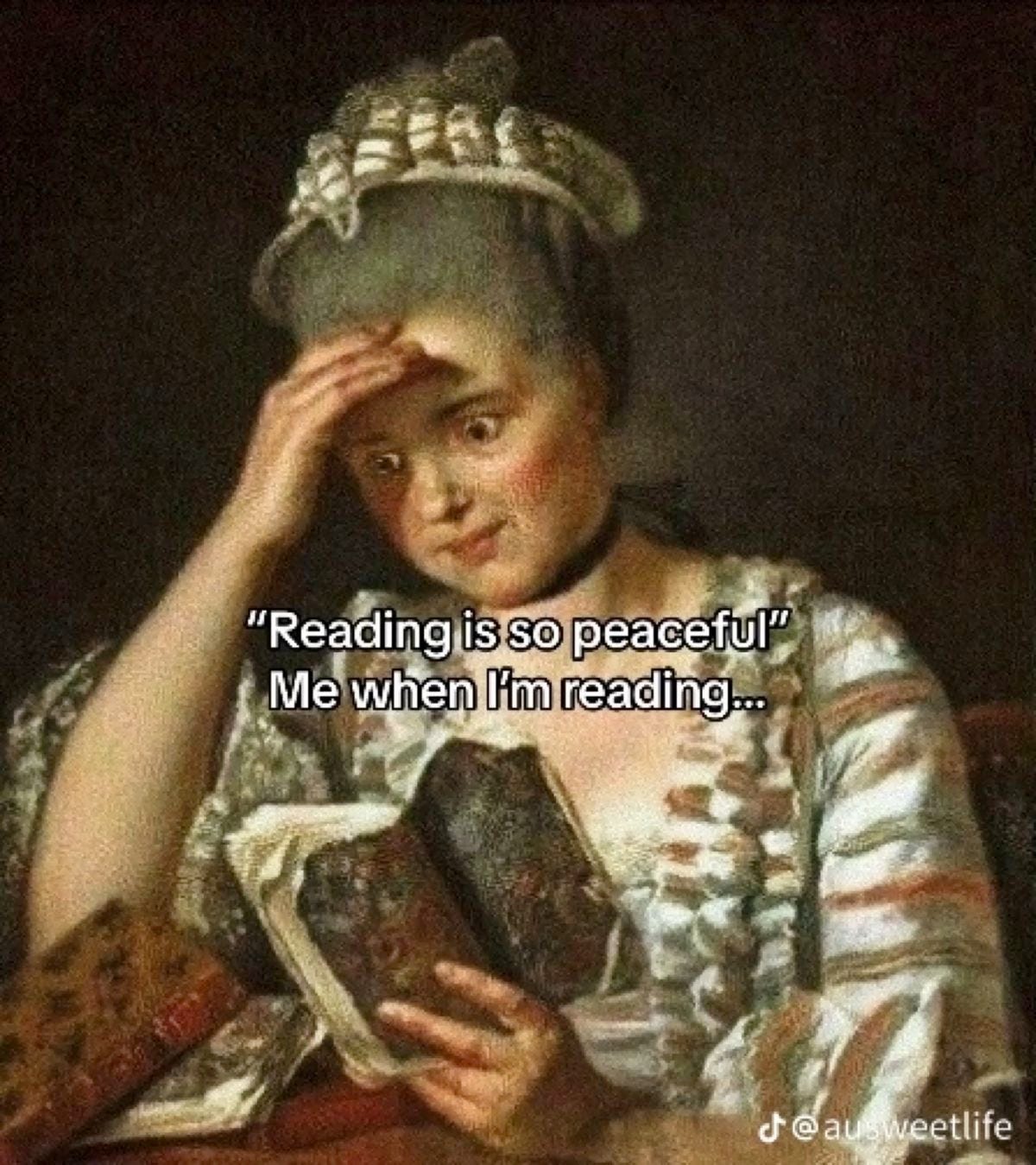


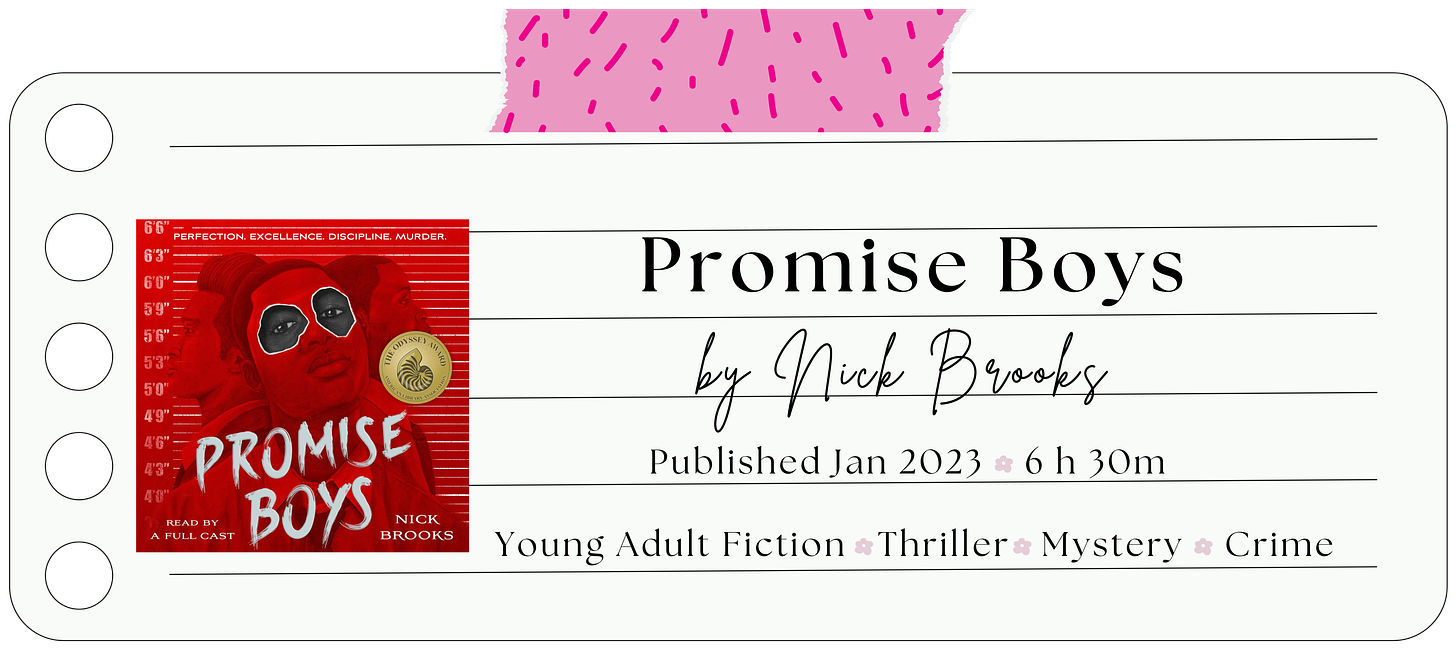
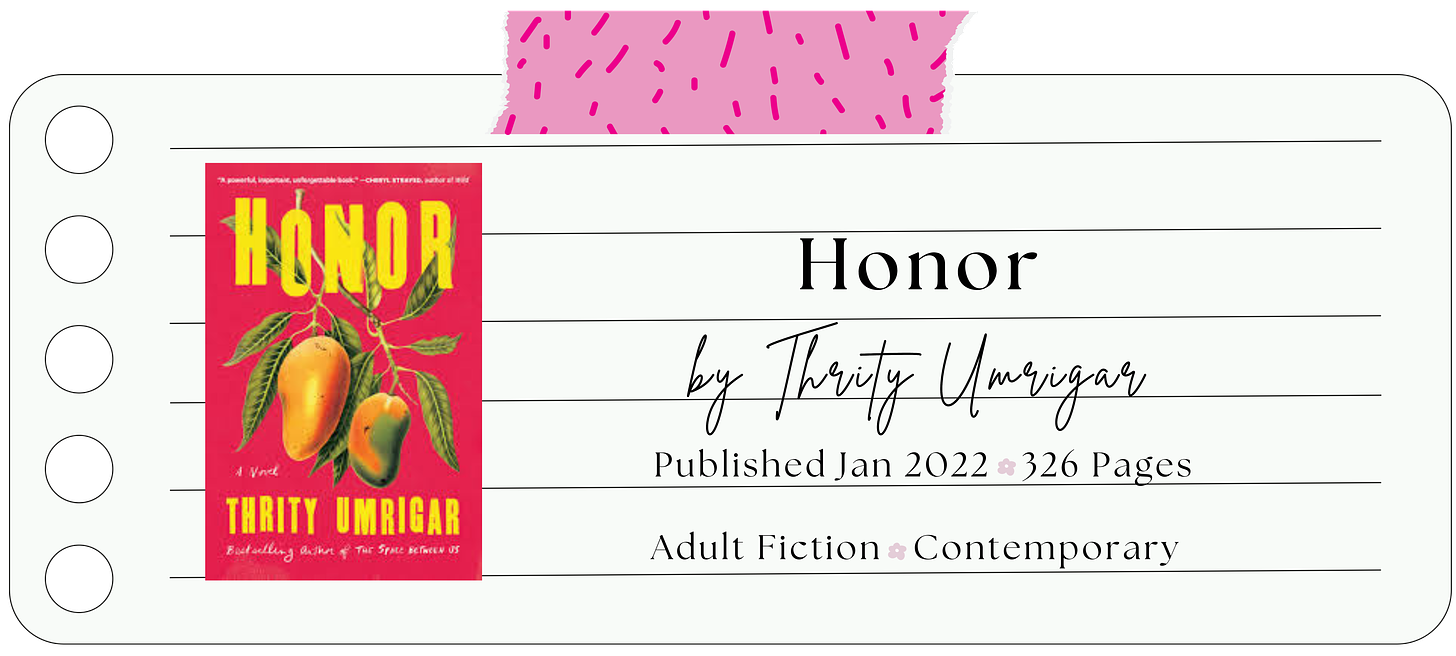
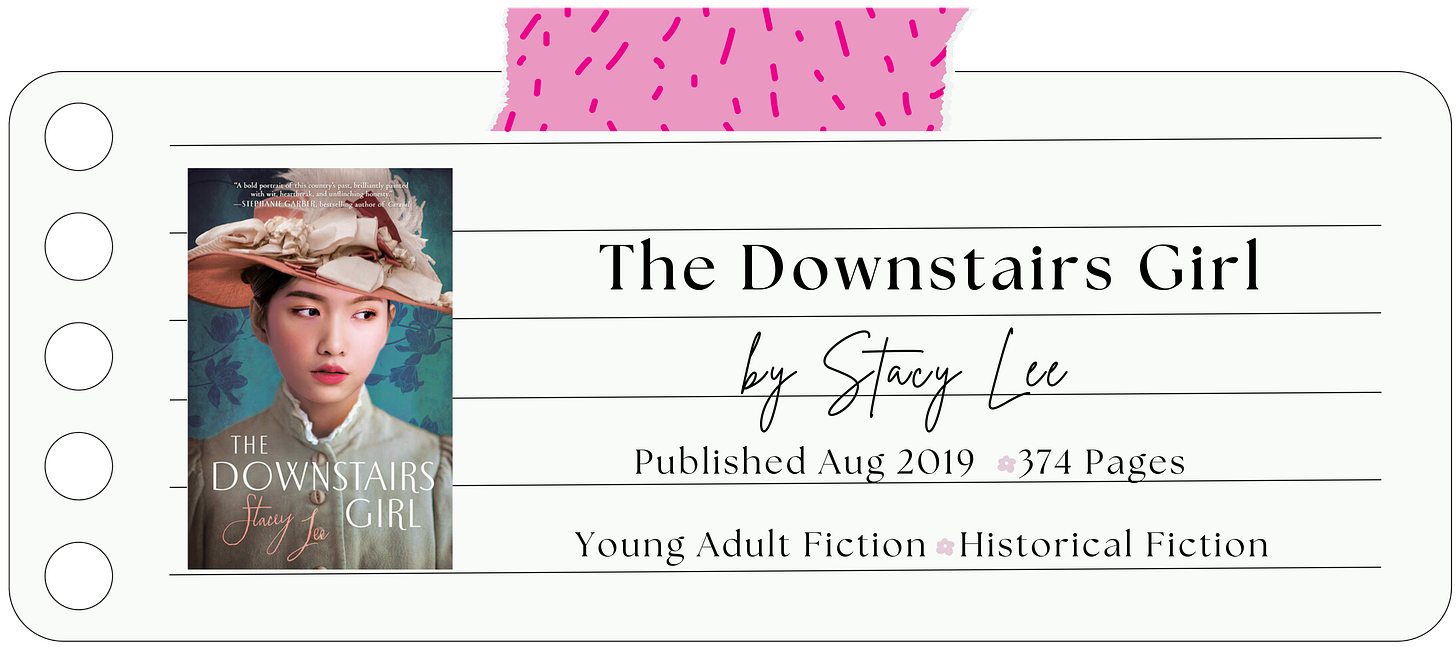
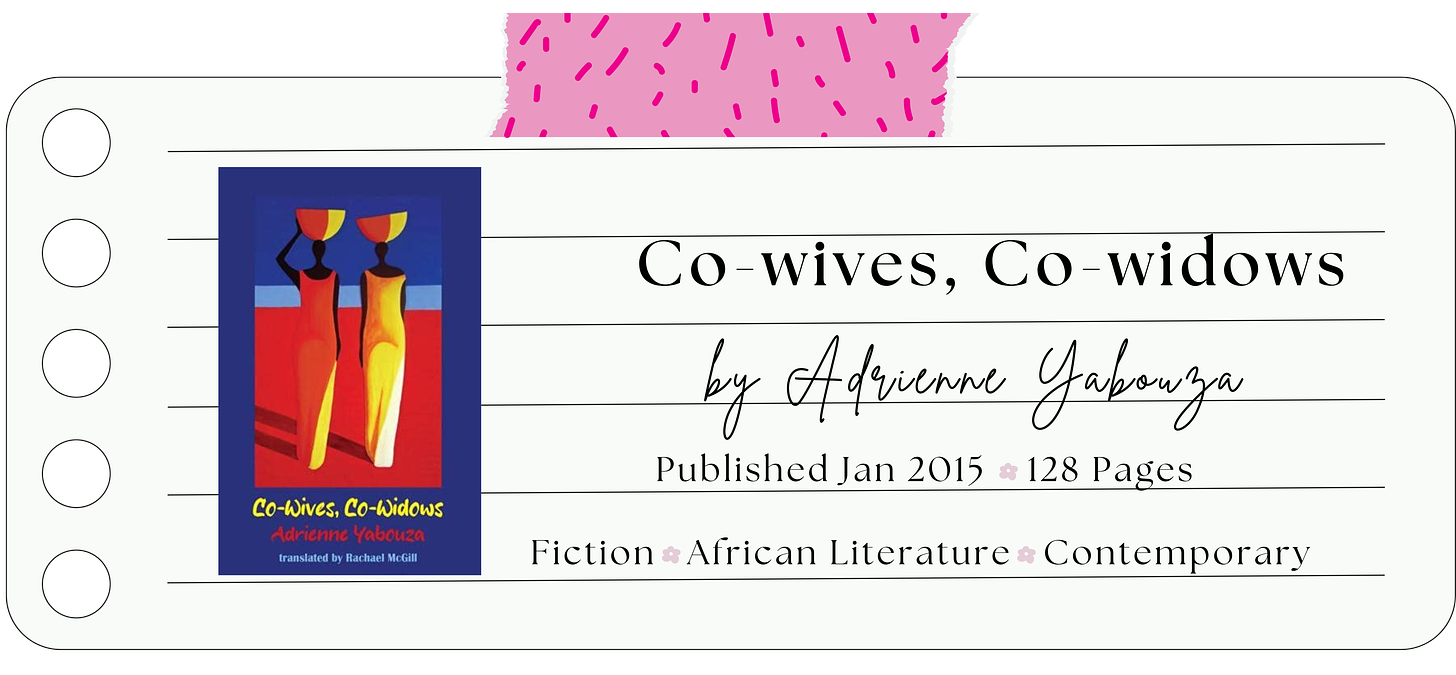
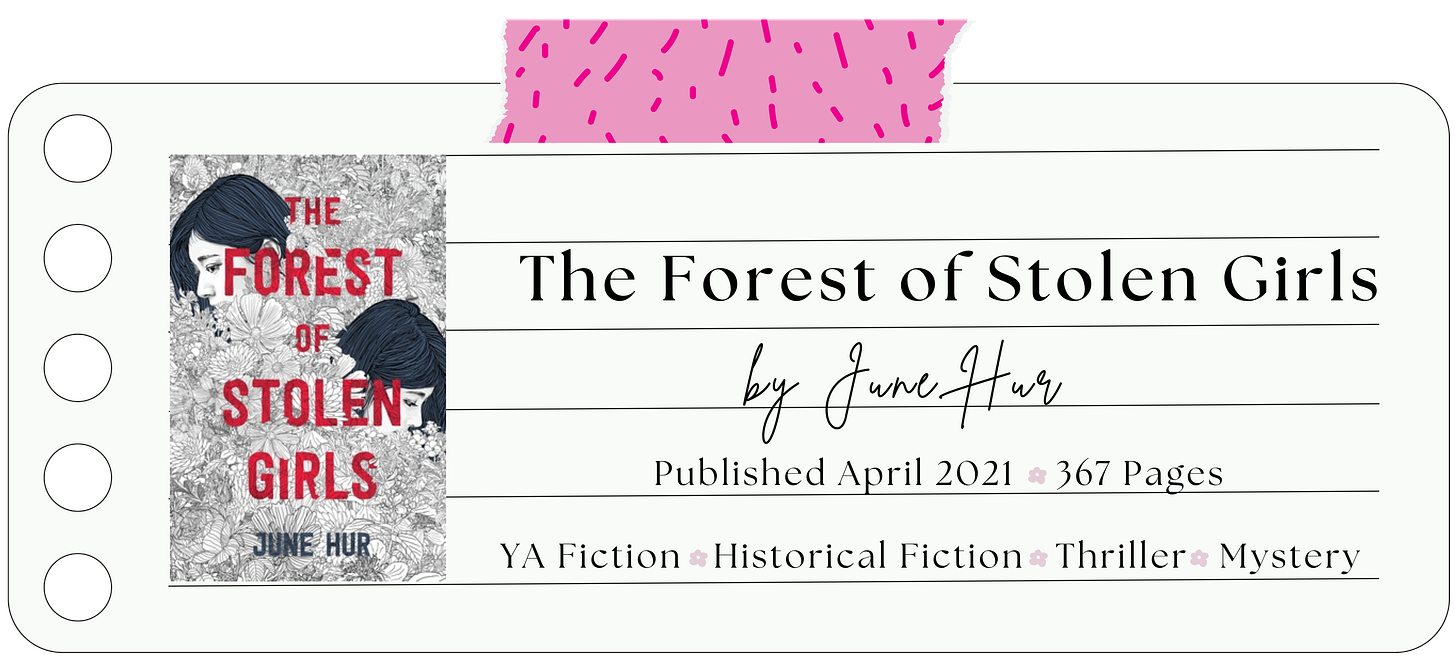
I happily stumbled upon your Substack just now and liked the lens of a monthly reading list. As far as a strict TBR list, I get ninety-nine percent of my books from the library. I have long queue of requests and read them as they become available. I almost never browse the library for books. My only exception is the 14-day return shelf. About five times a year I'll pull a book from there.